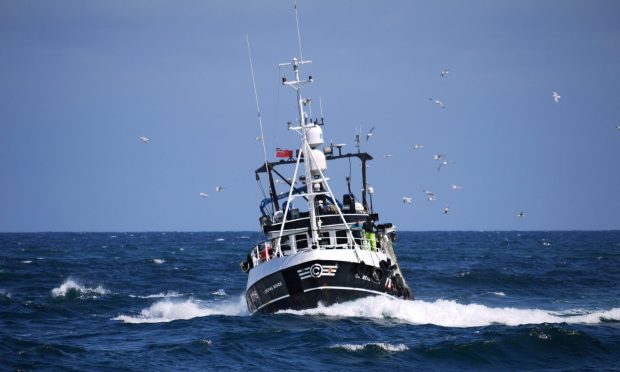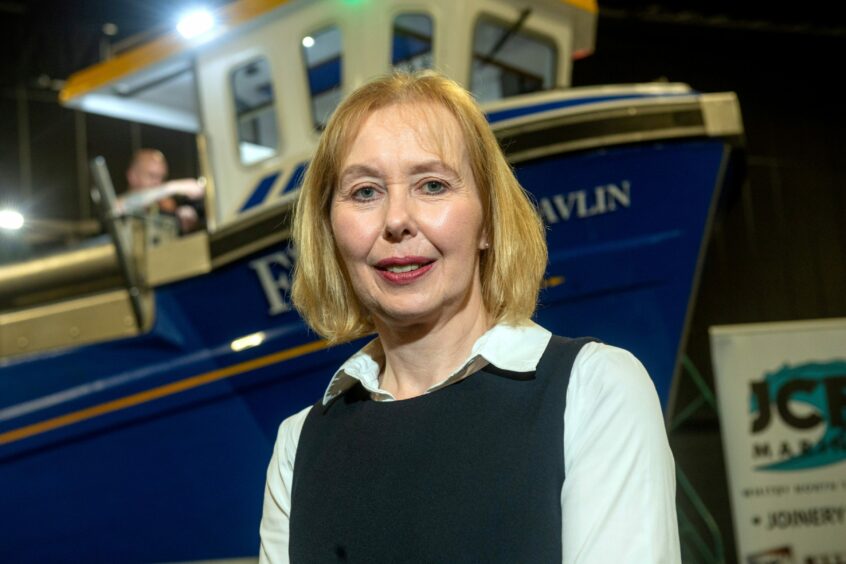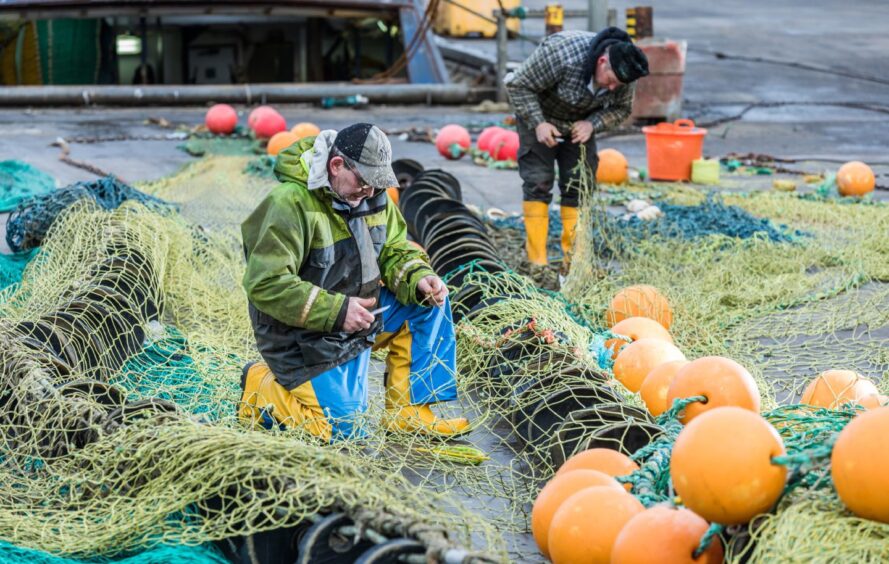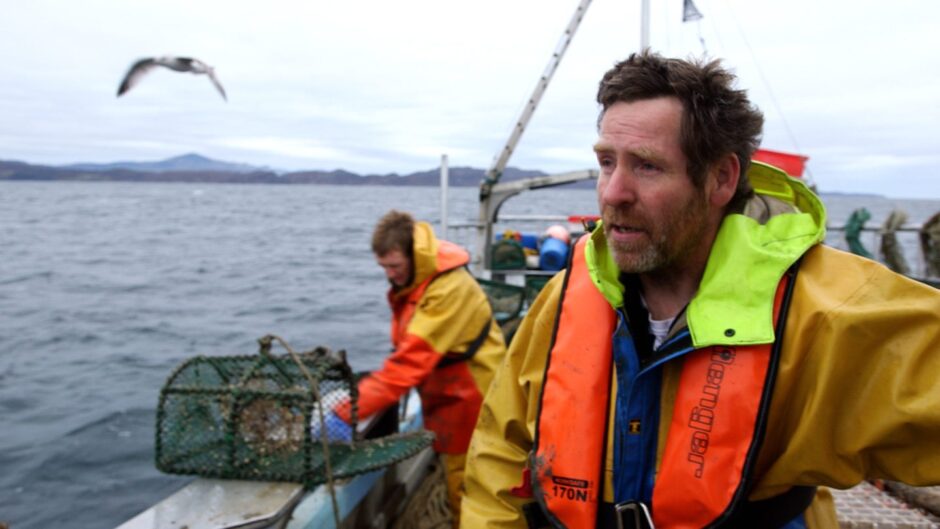The Aberdeen-based Scottish Fishermen’s Federation (SFF) has accused conservation group Oceana of spreading “fake news”.
Oceana is today publishing a report calling for a “legally binding deadline to end overfishing”.
And it claims to have the backing of nearly eight in 10 adults in Britain for stricter limits on catches in UK waters.
According to Oceana, which also wants to see a ban on supertrawlers more than 100m (328ft) long, half the UK’s key fish populations were “overfished or critically low” last year.
Fishing chiefs claim new report designed to disrupt upcoming quota talks
SFF’s top team believe the conservation group’s latest report is designed to disrupt annual negotiations over fishing quotas for 2025.
Oceana is “wasting everyone’s time with a series of cherry-picked statements, reliance on obsolete science and creative wording to perpetuate a narrative of gloom and doom about fisheries that bears little relation to reality”, the fishing industry body explained.
‘Farrago of nonsense’
SFF chief executive Elspeth Macdonald said: “Who funds Oceana?
“Who does this group represent? What gives it the right to try to influence policy and fisheries negotiations that will be critical for the livelihoods of our members next year and in the years ahead, with such a farrago of nonsense?
“If they are going to take issue with the sector, eNGOs (environmental non-governmental organisations) should save themselves from embarrassment by getting their facts and analysis right.”
She added: “Oceana is wasting everyone’s time with fake news when consumers know that over 70% of Scotland’s commercially-caught species are sustainable, that fish has the lowest carbon footprint of almost any food and that industry has the clearest vested interest in being responsible custodians of our stocks.
“SFF will continue to concentrate its efforts on co-operating with governments to implement practicable and reasonable policies and management measures instead of fantasies dreamt up in corporate boardrooms by people who have never been on a fishing boat in their lives.”
What gives it (Oceana) the right to try to influence policy and fisheries negotiations that will be critical for the livelihoods of our members next year and in the years ahead.” Elspeth Macdonald, Scottish Fishermen’s Federation
Who’s behind Oceana?
Oceana was formed by some powerful eNGOs, namely The Pew Charitable Trusts, Oak Foundation, Marisla Foundation, Sandler Foundation and Rockefeller Brothers Fund.
Launching its report, it said: “Eight in ten Brits are concerned about the impacts of declining fish populations on ocean wildlife such as seabirds and dolphins.
“And 78% backed Oceana’s calls for stricter limits on catches in UK seas, in line with what scientists say is sustainable.”
How many people did Oceana survey?
The survey was carried out for Oceana by More in Common, a member of the British Polling Council. It was done online during two days in October, with 2,073 adults in Scotland, England and Wales questioned.
Oceana UK executive director Hugo Tagholm said: “Overfishing in UK waters, and the destruction of ocean wildlife it drives, is fundamentally a political choice.
“Year-on-year, catch limits have been set too high, with no regard for those small, local boats that need healthy seas to survive.
“Right now, we are allowing wealthy corporations to asset-strip our seas and move on, with no regard for coastal communities or our heritage as an ocean nation.
“Ending overfishing would bring back the abundance of our seas, provide resilience in the face of the climate crisis, and boost coastal economies. It is an opportunity that should not be missed.”
Read more: Scots overwhelmingly support fishing sector, new poll reveals
Read more: Shetland fishers insist there’s no marine life ‘crisis’
Oceana interviewed west coast creel fisherman Bally Philp for its latest report.
Mr Philp said: “I see pictures of my dad’s boat, knee deep in cod of a decent size.
“Cod like that would make the front page of newspapers now, and that change has happened in just one generation. Small-scale, local fishers, who rely on a healthy productive ocean, need action now. If we ended overfishing once and for all. how many more whales and dolphins could the ecosystem support? How many more fishermen?”




Conversation